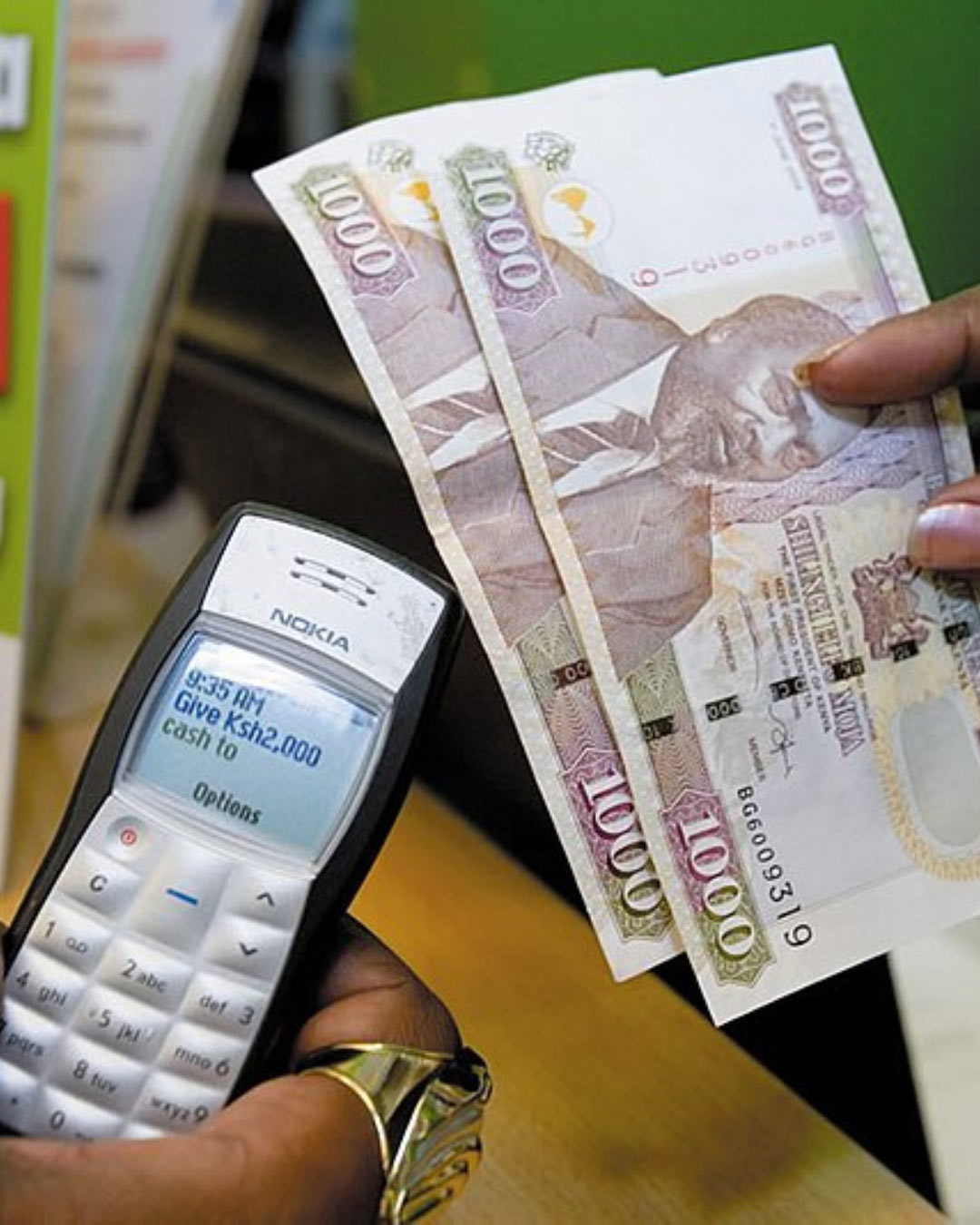Between May 20 and May 27, 2025, several major African fintech firms—including Flutterwave (Nigeria), Chipper Cash (Uganda), and M-Pesa (Kenya)—announced expansions or regulatory approvals that underline a broader trend: Africa’s fintech sector is growing fast, with increasing integration across countries and services, and is attracting renewed investor interest despite global VC slowdowns.
Fintech, short for “financial technology,” refers to technology-driven services that make it easier for people to send money, borrow, invest, or insure themselves using digital platforms—often through their mobile phones. In Africa, where large parts of the population still lack access to formal banking, fintech has become a game-changer.
The fintech boom in Africa began in 2007, when M-Pesa launched in Kenya as a mobile money transfer service. It allowed users to deposit, withdraw, and send money using simple text messages. In a region where many people don’t have traditional bank accounts—but do have mobile phones—M-Pesa became a breakthrough financial tool. Today, M-Pesa serves over 50 million users across multiple countries, including Kenya, Tanzania, and now Ethiopia.
Following M-Pesa’s success, dozens of African startups emerged to build new fintech services, from digital lending to online remittances. Companies like Flutterwave (Nigeria) and Chipper Cash (Uganda) built regional platforms that help small businesses and individuals move money across borders, accept online payments, and manage their finances.
Flutterwave, founded in 2016, has grown into one of Africa’s most valuable startups, processing billions of dollars in transactions annually. In May 2025, it announced plans to expand operations in Ghana and Kenya, after securing regulatory approval in both countries.
Meanwhile, Chipper Cash, which offers low-cost transfers and virtual cards, has received a license to operate in South Africa—a major step in penetrating one of the continent’s most mature financial markets.

What’s unique about Africa’s fintech sector is that it is “leapfrogging” traditional banking models. In developed economies, people move from cash to bank accounts, then to digital wallets. In Africa, many are jumping straight from cash to mobile money and apps—bypassing the need for physical banks altogether.
According to the African Development Bank, over 60% of Africans remain unbanked, but mobile money penetration has skyrocketed. By 2024, Africa had more than 600 million registered mobile money accounts, and fintech companies were processing over $800 billion annually in transactions.
However, challenges remain. Fragmented regulation, currency volatility, infrastructure gaps, and fraud concerns continue to threaten fintech growth. Governments are now moving toward creating “regulatory sandboxes” to test fintech products in controlled environments, balancing innovation with oversight.
Africa’s fintech boom is more than just a startup success story—it is reshaping access to finance for hundreds of millions and creating entirely new economic pathways.
For young people and small business owners, fintech offers the tools to thrive in an increasingly digital economy. Entrepreneurs can receive payments from abroad via Flutterwave; farmers can access microloans through apps like FarmDrive; students can save or invest using simple mobile wallets.
For investors, fintech represents one of the few sectors in Africa with proven scalability and high demand. Despite the global venture capital slowdown, African fintech raised over $2.3 billion in 2023, accounting for more than 40% of total African tech funding 555.
For African governments, fintech can help increase tax compliance, reduce the size of the informal economy, and improve service delivery. For example, digitized social protection programs can reach rural recipients instantly and with fewer leakages.
And finally, for the broader African economy, fintech is helping to build financial inclusion from the ground up—something traditional banks have struggled to do. By integrating more people into the financial system, fintech enables savings, insurance, borrowing, and investing cornerstones of economic development.
The next step is scaling responsibly. As more Africans come online, the success of fintech will depend on trust, security, and local relevance. The infrastructure is here. The demand is clear. What remains is building the systems that can carry fintech from niche innovation to everyday utility.








